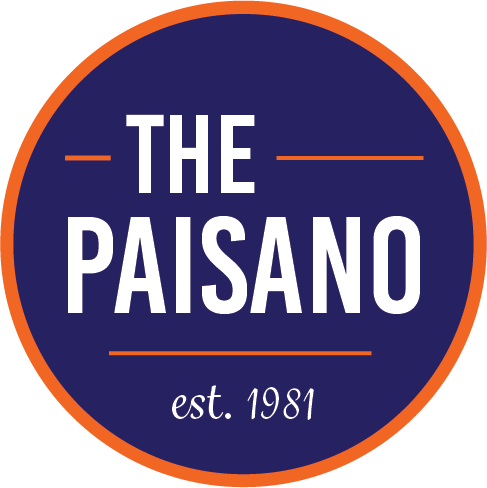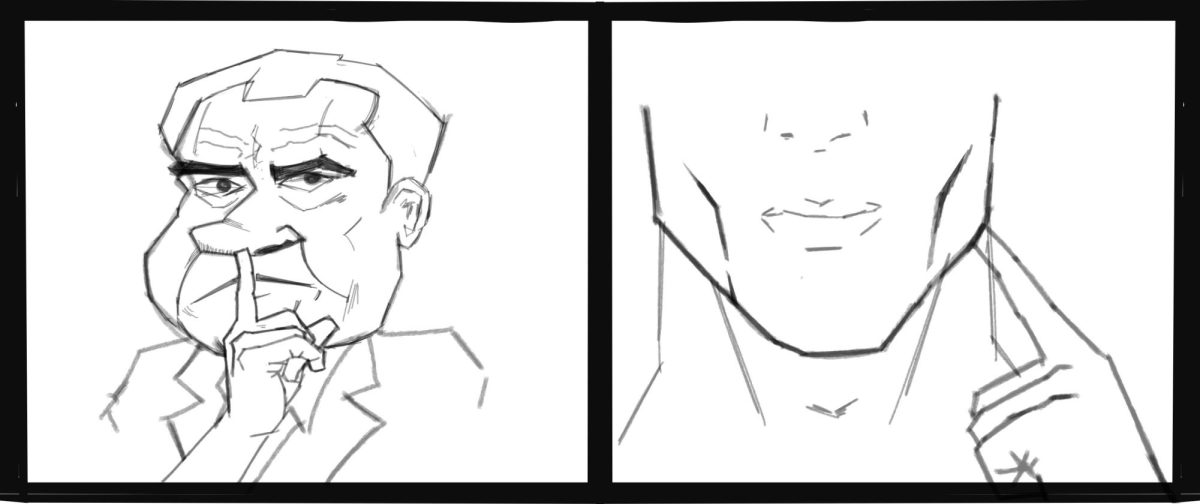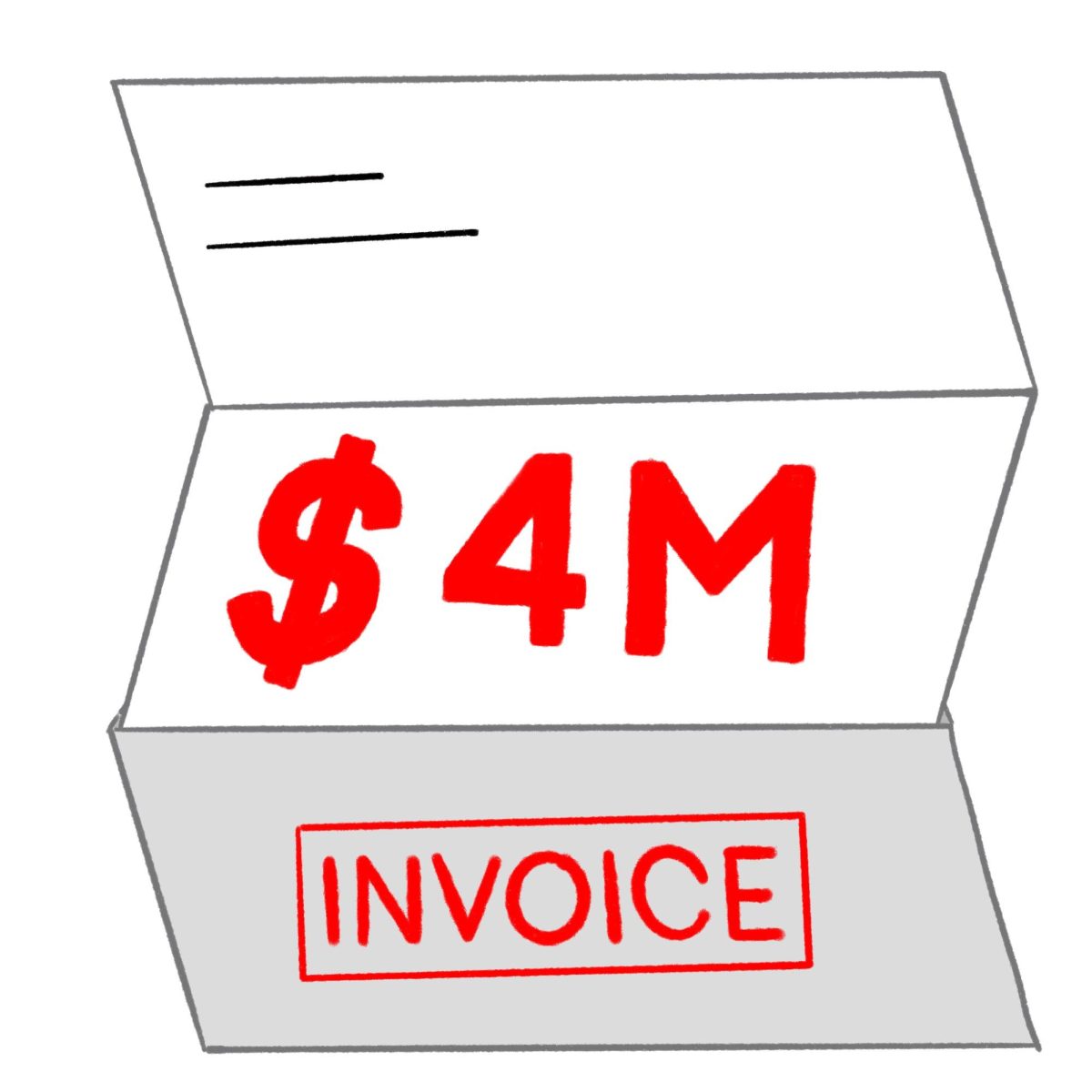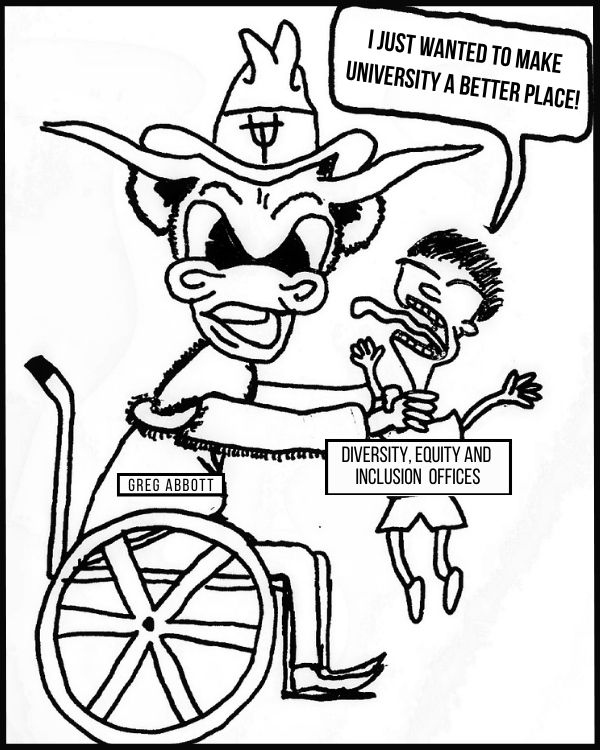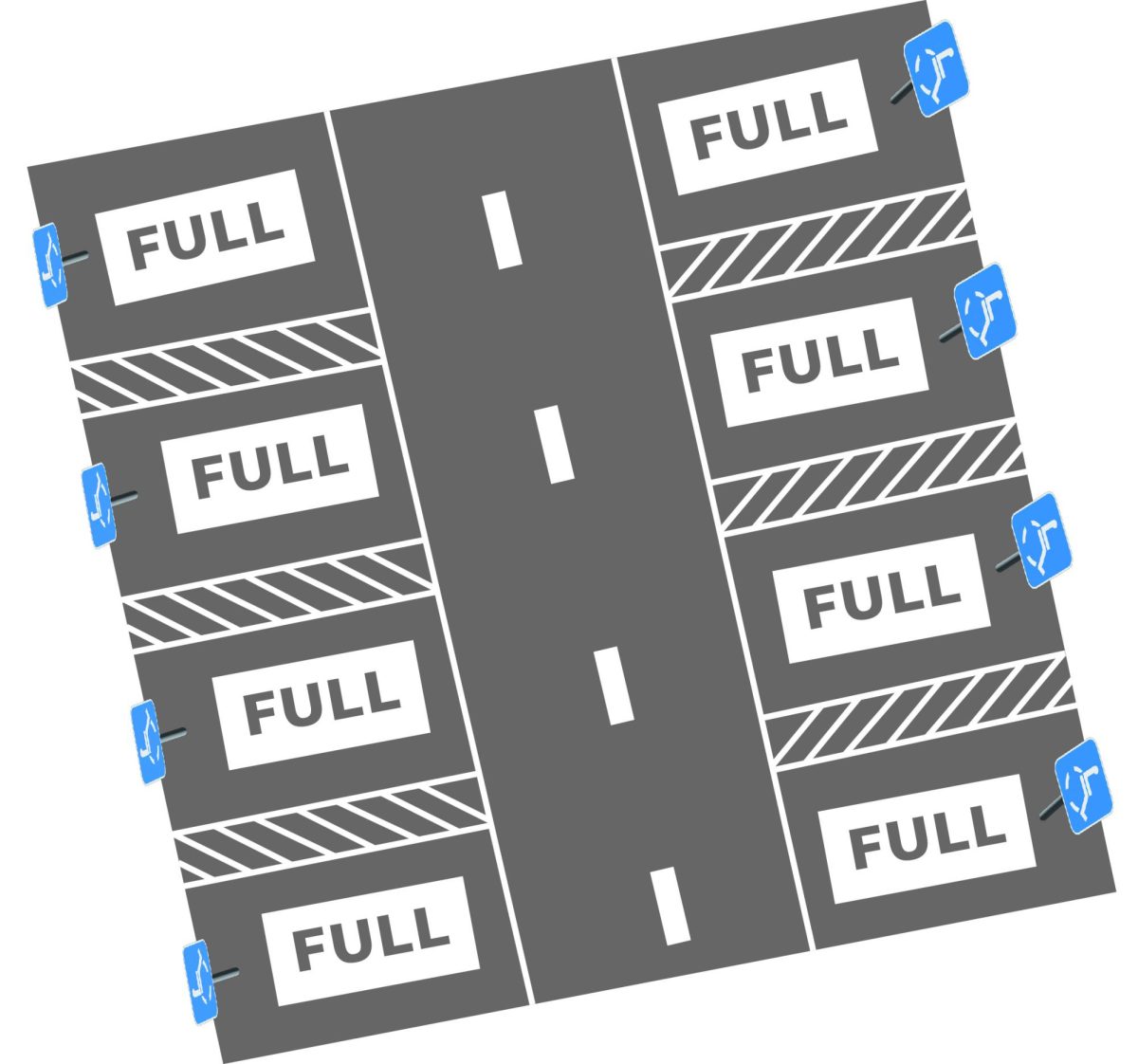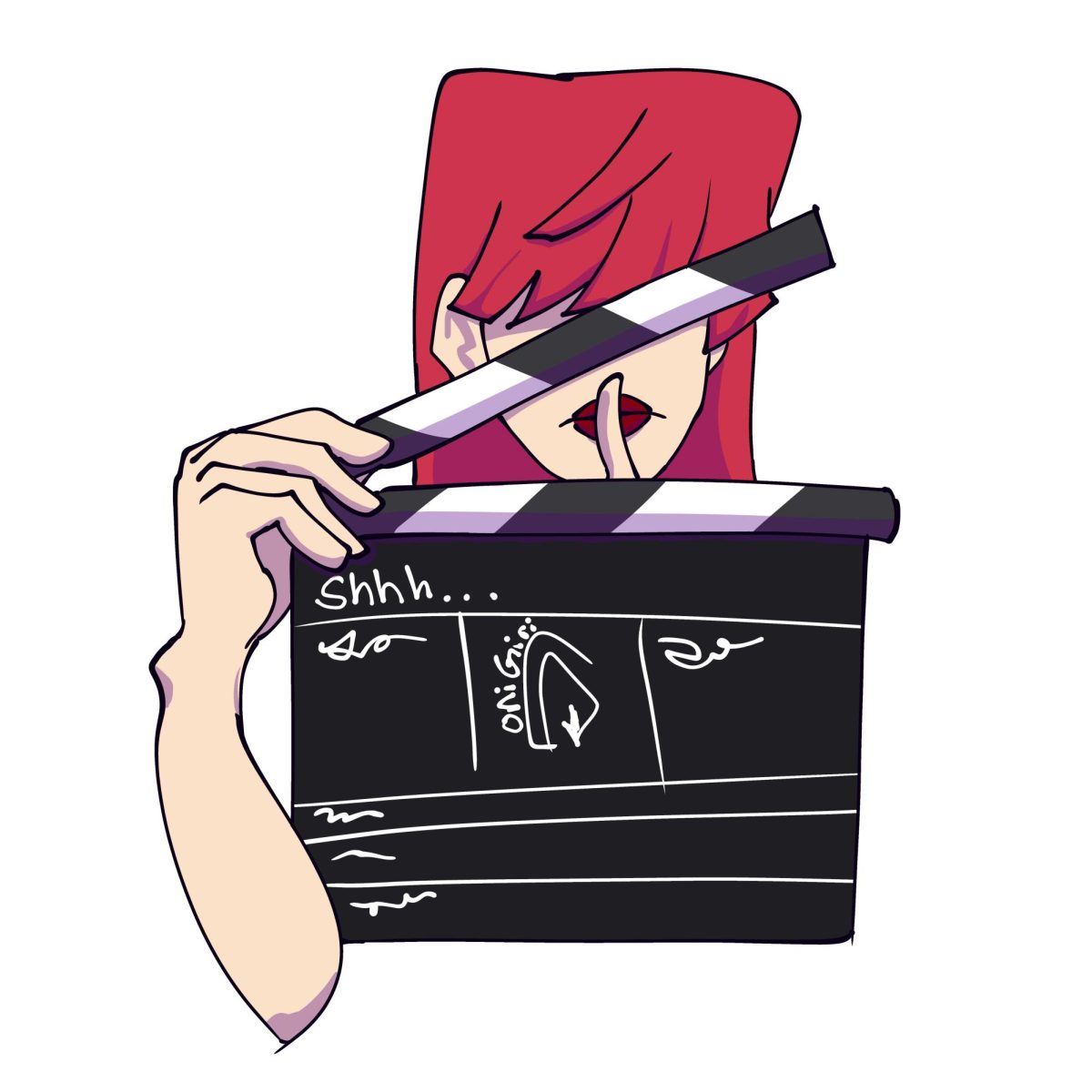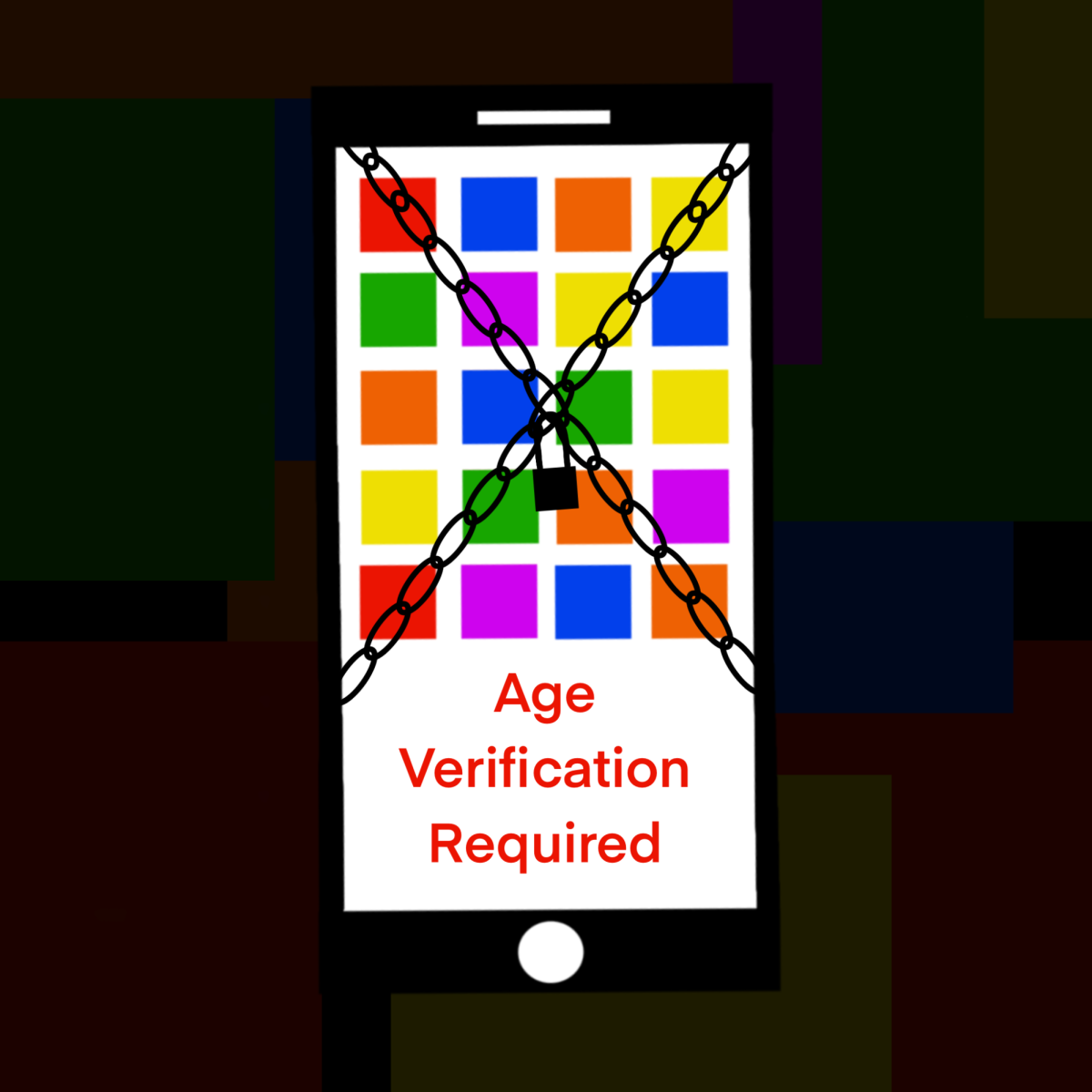
Breastfeeding is a symbol of love and motherhood. The act builds a connection between mother and child, while providing the baby with essential nutrients. Breastfeeding allows a mother and child to develop a deep bonding connection that is achieved from close skin-to-skin contact, releasing the oxytocin hormone, also known as the “bonding hormone,” which provides a feeling of closeness between the mother and baby. A study published in JAMA psychiatry indicates that babies who were breastfed have higher IQ scores and have better academic performance. Physicians often advise women to breastfeed their babies for these very reasons. Because many mothers spend time outside the home, nursing mothers will often have to feed their babies in a public setting. Despite the nature of nurture that comes from public breastfeeding, it is a controversial issue that makes many people uncomfortable.
Although some people may challenge a woman’s choice to nurse in public, Texas law states that women are entitled to breastfeed in any location where they are authorized to be. Although vague, Texas law supports a mother’s right. But according to a CDC 2015 survey on public beliefs and attitudes about breastfeeding, over one quarter of people do not support a women’s right to breastfeed in public areas. Some view public breastfeeding as obscene.
Exposing female breasts, even when breastfeeding, can be considered immoral and disrespectful to onlookers, according to several comments on debate.org. But why are some people so uneasy about a practice that shouldn’t concern them? The comments suggest the problem is not that women are breastfeeding; it’s that they are exposing their breasts while doing so.
Even politicians have voiced their negative opinions on breastfeeding as an indecent act that has an underlining sexual implication.
In December 2015, Republican New Hampshire State Representative Josh Moore posted a comment on Democratic New Hampshire State Representative Amanda Bouldin’s Facebook post where she opposed a bill that would make it illegal for women to show their nipples in public, even when they breastfeed. Moore response “If it’s a woman’s natural inclination to pull her nipple out in public and you support that, then you should have no problem with a man’s inclination to stare at it and grab it. After all… its all relative and natural, right?”
Unfortunately, such a disgusting remark does not fall far from what many debate.org users commented to counter supporters of public breastfeeding. There is an obvious fallacy to such comments that breast visibility is always sexual in context, and even worse, some suggest that breast exposure is an invitation for sexual harassment.
Due to negative opinions that equate public breastfeeding with indecent exposure, women can oftentimes be made to feel uncomfortable when they breastfeed in public. Although the law is on the side of public breastfeeding, it is very difficult and nearly impossible for those who harass nursing mothers to receive any backlash. Women can receive ugly stares and spiteful remarks from strangers who disapprove of their decision. They can be made to feel ashamed, as if what they were doing was something repulsive, not natural.
Arguments against public nursing have ranged from telling women to pump beforehand to telling women to breastfeed in a car or a restroom if necessary. In some cases, women have been told by proprietors or pressured by patrons to leave a location or to cover up while they are breastfeeding.
These actions suggest to mothers that publicly nursing is shameful and indecent. Not only do these actions shame women, but they also teach them that their bodies have been so sexualized, that even an act that is not meant to be sexual, is seen as such.
People against public breastfeeding fail to understand that although female breasts are sexualized, breasts do not exist exclusively for sexual gratification. Their exposure is harmless, and the context of their exposure should matter more than the exposure itself.
Significant breast visibility is not indecent sexual exposure, the truth is that, if someone views breastfeeding as obscene and sexual, that person is wrong. Women should never feel ashamed for caring for and feeding their children. Their self-worth and their children’s nutrition are more important than the ignorance and hateful judgment from strangers. Nursing mothers should be left alone to nurture their child, no matter where they are.






